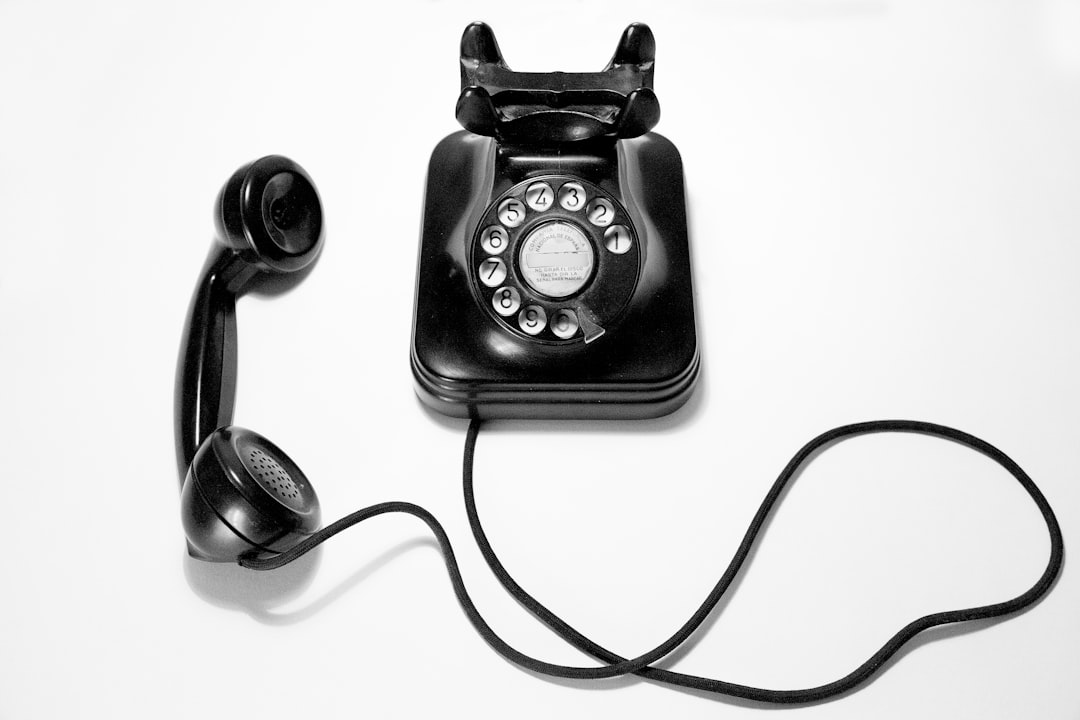In Illinois, educators must comply with the Telephone Consumer Protection Act (TCPA) to avoid legal issues and protect student privacy. This federal regulation restricts automated calls and texts for non-emergency school communications without prior consent from students or parents/guardians. Schools should engage a TCPA lawyer in Illinois for guidance on consent management, call list maintenance, and navigating complex communication regulations, especially regarding "phone calls" and "automatic dialing systems." By following best practices and seeking professional advice, educators can ensure compliance, avoid penalties, and maintain effective communication with their community.
“In the ever-evolving landscape of education, ensuring compliance with federal regulations like the Telephone Consumer Protection Act (TCPA) is paramount. This comprehensive guide delves into the intricacies of TCPA compliance specifically for educators in Illinois. We explore the act’s impact on academic institutions and outline key requirements to mitigate potential legal risks. From understanding common challenges to highlighting the crucial role of a TCPA lawyer, this article equips Illinois educators with strategies for ongoing adherence to these stringent regulations.”
Understanding the TCPA and Its Impact on Educators in Illinois

The Telephone Consumer Protection Act (TCPA) is a federal law designed to protect consumers from certain practices by telephone marketers and telemarketers. For educators in Illinois, understanding this legislation is crucial to ensuring compliance and avoiding legal issues. The TCPA restricts calls to residential phone numbers using automated dialing systems or prerecorded messages without prior express consent, with exceptions for specific types of communication.
Educators may find themselves inadvertently violating the TCPA if they use automated phone systems for outreach or reminders, such as automated school attendance notifications or enrollment calls. Engaging a TCPA lawyer in Illinois can be beneficial for navigating these complexities. Legal experts can guide educators on obtaining proper consent, managing call lists, and ensuring compliance with the law’s strict rules to protect both schools and students from potential penalties and privacy breaches.
Key Requirements for TCPA Compliance in Educational Settings

In Illinois, ensuring compliance with the Telephone Consumer Protection Act (TCPA) is essential for educators to maintain legal integrity and protect student privacy. Key requirements involve obtaining explicit consent from students or their parents/guardians before initiating any automated telemarketing calls or texts. This includes school-related communications such as attendance reminders, academic updates, or event invitations. A TCPA lawyer Illinois can assist in crafting consent forms and establishing protocols to ensure these laws are diligently followed.
Moreover, schools must implement robust opt-out mechanisms, allowing individuals to revoke their consent at any time. Any violations can lead to significant financial penalties, making it crucial for educators to stay informed about TCPA guidelines. A qualified TCPA lawyer Illinois can offer tailored guidance, ensuring educational institutions remain compliant and avoid legal pitfalls associated with communication practices.
Common Challenges Faced by Illinois Schools Regarding TCPA Adherence

Illinois schools often face unique challenges when it comes to navigating the Telephone Consumer Protection Act (TCPA) compliance, especially with rapidly evolving communication technologies. One significant hurdle is keeping up with the ever-changing definitions of what constitutes a “phone call” and “automatic dialing system.” This can include distinguishing between automated messages left on voicemails and text notifications sent to students’ mobile devices, both of which may require different levels of consent from parents or guardians.
Another common challenge lies in obtaining and documenting proper authorization for contact. Schools must ensure that any communication with students’ families adheres to TCPA guidelines, particularly regarding pre-recorded messages and marketing calls. Many institutions struggle to manage the administrative burden of maintaining detailed records of parental consent, especially when dealing with a diverse student body and various communication platforms. Engaging a TCPA lawyer Illinois schools can greatly assist in overcoming these challenges by providing expert guidance tailored to the specific needs and legal landscape of the state’s educational institutions.
The Role of a TCPA Lawyer in Navigating Legal Complexities

In the intricate landscape of legal compliance, especially within the education sector in Illinois, navigating the Telephone Consumer Protection Act (TCPA) can be a labyrinthine task. This federal legislation, designed to protect consumers from intrusive telephone marketing practices, presents unique challenges for educators who engage with parents and students via phone communications. Herein lies the pivotal role of a TCPA lawyer in Illinois—to guide and ensure compliance, offering expert insights into the complex web of regulations.
A TCPA lawyer specializing in this domain helps educators understand the legal boundaries when utilizing automated dialing systems, prerecorded messages, or live operators for outreach. They provide strategic advice on obtaining proper consent, managing do-not-call lists, and adhering to specific requirements for school-related communications. By leveraging their expertise, these lawyers empower Illinois educators to effectively communicate with their community while steering clear of potential legal pitfalls associated with the TCPA.
Best Practices to Ensure Ongoing TCPA Compliance for Illinois Educators

To maintain ongoing compliance with the Telephone Consumer Protection Act (TCPA) in Illinois, educators should implement several best practices. Firstly, stay updated on legal changes and industry guidelines specific to the TCPA. This includes keeping abreast of regulatory interpretations and case law that could impact educational institutions. Engaging the services of a qualified TCPA lawyer in Illinois can provide invaluable guidance tailored to these unique circumstances.
Secondly, establish clear policies and procedures for all communication initiatives. Ensure these align with TCPA regulations, particularly regarding consent management, do-not-call lists, and automated calls. Regular training sessions for staff responsible for handling communications can help maintain compliance standards. Additionally, regularly review and update these policies to reflect changes in technology and student preferences, ensuring ongoing adherence to the TCPA’s stringent requirements.






